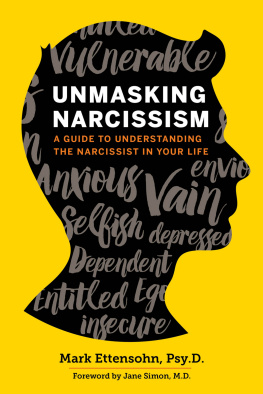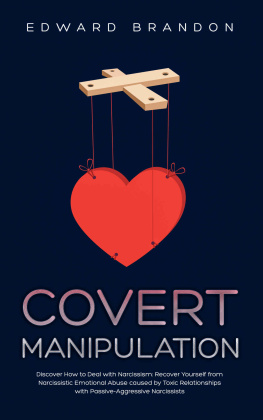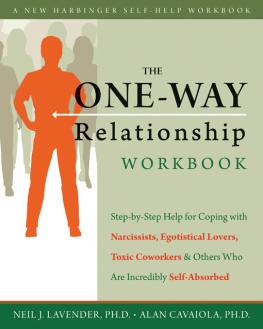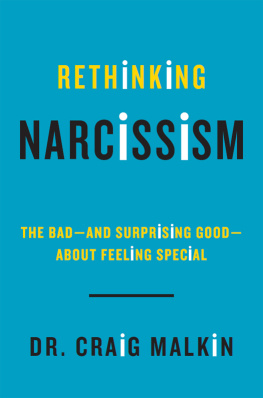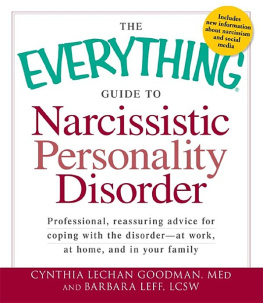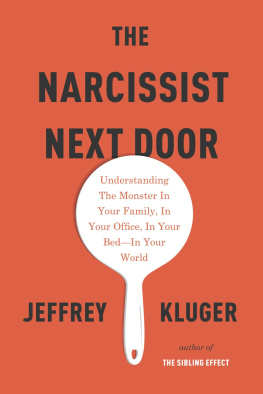
Kristin Dombeks essays can be found in The Paris Review , Harpers Magazine , The New York Times Magazine , The New York Times Sunday Book Review , The London Review of Books , and n+1 , where she writes an advice column called The Help Desk. She has been the recipient of a Rona Jaffe Foundation Writers Award and an n+1 Writers Fellowship. You can sign up for email updates here.

My gratitude to those who gave support and advice during this writing, including those who offered crucial responses to drafts: Nicole Callihan, Marion Wrenn, Svetlana Chirkova, Catherine Neckes, and Mel Flashman. My deep gratitude to Mel, my brilliant friend and agent, whose ideas and questions inspire me. I had the rare opportunity to work with not one but two extraordinary editorsMitzi Angel, who invited me to write this essay, and Lorin Stein, who got me to finish itfrom whom I have learned so much, and to whose rigorous understanding I am indebted. Thanks to John Knight and everyone at FSG who worked with patience and precision to get the book out. Thanks to the Rona Jaffe Foundation, to Dayna Tortorici and the n+1 Foundation, and to the Imitatio Foundation for support during the writing. Thanks to Amanda Irwin Wilkins and everyone at my intellectual home, the Princeton Writing Program, and to the students who showed me that the prophets of the epidemic were wrong about them and the future. Heartfelt thanks to Allison Mathis Jones, who was gracious enough to represent a whole generation. When Id been reading psychological studies and self-help websites for too many months, her warm voice on the telephone gave me hope. Without Stephanie K. Hopkins, this wouldnt have been written; for all youve taught me, thank you. To Dawn Lundy Martin, for how you think and live, thank you, and to both of you, for the fireplace, the picnic table, your writing to live by, my deepest thanks. And finally, thanks to William Martin, Jr.for being my best friend and tough-minded encourager, my muse and home, for all youve done to get us through, and for the gift of your inimitable self, a lifetime of gratitude.
For a complete list of studies consulted, see the authors website at www.kristindombek.com.
American Psychiatric Association. Diagnostic and Statistical Manual of Mental Disorders . 3rd ed. (DSM-III). Washington, D.C., 1979.
______ . Diagnostic and Statistical Manual of Mental Disorders . 5th ed. (DSM-V). Washington, D.C., 2014.
Baron-Cohen, Simon. The Science of Evil: On Empathy and the Origins of Cruelty . New York: Basic Books, 2011.
Decety, Jean, and William Ickes, eds. The Social Neuroscience of Empathy . Cambridge: MIT Press, 2009.
Freud, Sigmund. An Outline of Psychoanalysis. In The Standard Edition . Translated and edited by James Stachey. New York: W. W. Norton, 1949.
______ . On Narcissism: An Introduction. In Freuds On Narcissism: An Introduction . Edited by Joseph Sandler, Ethel Spector Person, and Peter Fonagy. New Haven: Yale University Press, 1991; 331.
______ . The Uncanny. In The Standard Edition , Volume XVII (19171919): An Infantile Neurosis and Other Works . Translated and edited by James Strachey. London: Hogarth Press, 1975; 21756.
Gebauer, Jochen E., Constantine Sedikides, Bas Verplanken, and Gregory R. Maio. Communal Narcissism. Journal of Personality and Social Psychology . 103, no. 5 (2012): 85478.
Girard, Ren. Narcissism: The Freudian Myth Demystified by Proust. Mimesis & Theory, edited by Robert Doran. Stanford: Stanford University Press, 2008; 17593.
______ . Psychoanalytic Mythology. Things Hidden Since the Foundation of the World. Translated by Stephen Bann and Michael Metteer. Stanford: Stanford University Press, 1978.
Iacoboni, Marco. Mirroring People: The Science of Empathy and How We Connect with Others . New York: Farrar, Straus and Giroux, 2009.
Kant, Immanuel. Grounding for the Metaphysics of Morals . 1785. 3rd ed. Translated by James W. Ellington. Indianapolis, IN: Hackett, 1993.
Keller, Catherine. Apocalypse Now and Then: A Feminist Guide to the End of the World . Boston: Beacon Press, 1996.
Kernberg, Otto. Borderline Conditions and Pathological Narcissism . Lanham: Rowman and Littlefield, 1975.
Kohut, Heinz. The Analysis of the Self: A Systematic Approach to the Psychoanalytic Treatment of Narcissistic Personality Disorders . New York: International University Press, 1977.
______ . How Does Analysis Cure? Chicago: University of Chicago Press, 1984.
______ . The Two Analyses of Mr. Z. The International Journal of Psychoanalysis 60, no. 1 (1979): 327.
Lasch, Christopher. The Culture of Narcissism: American Life in an Age of Diminishing Expectations . 1979. Reprint, New York: W. W. Norton, 1991.
Lunbeck, Elizabeth. The Americanization of Narcissism. Cambridge: Harvard University Press, 2014.
Manne, Anne. The Life of I: The New Culture of Narcissism . Melbourne, Australia: Melbourne University Press, 2014.
Milgram, Stanley. Obedience to Authority: An Experimental View . New York: Harper Perennial, 1974.
Millard, Kathryn. Revisiting Obedience: Exploring the Role of Milgrams Skills as a Filmmaker in Bringing His Shocking Narrative to Life. Journal of Social Issues 70, no. 3 (2014): 43955.
Miller, Alice. The Drama of the Gifted Child: The Search for the True Self . Translated by Ruth Ward. 1979. Reprint, New York: Penguin, 1997.
Mitchell, Stephen A. and Margaret J. Black. Freud and Beyond: A History of Modern Psychoanalytic Thought . New York: Basic Books, 1995.
Morton, Adam. Empathy for the Devil, in Empathy: Philosophical and Psychological Perspectives . Oxford: Oxford University Press, 2011. 31830.
My Super Sweet 16 . MTV, season 4, ep. 1 (Allison), January 8, 2007.
Ovid. The Metamorphoses. Translated by Horace Gregory. New York: Viking, 1958.
Strozier, Charles. Heinz Kohut: The Making of a Psychoanalyst . New York: Other Press, 2001.
Talese, Gay. Thy Neighbors Wife . New York: Harper Perennial. 1980. Reprint, New York, Harper Perennial, 2009.
Twenge, Jean M., Generation Me . New York: Simon & Schuster, 2006.
Twenge, Jean M., and W. Keith Campbell. The Narcissism Epidemic: Living in the Age of Entitlement . New York: Simon & Schuster, 2009.
Twenge, Jean M., W. Keith Campbell, and Brittany Gentile. Changes in Pronoun Use in American Books and the Rise of Individualism, 19602008. Journal of Cross-Cultural Psychology 44, no. 3 (2012): 40615.
We know the new selfishness when we see it. Its in the laughter of the Atlanta girl who demanded the citys busiest avenue be shut down for her arrival to her sixteenth birthday party, even though there was a hospital across the street. Its in the way that, when the party planner pointed out the traffic, she said, My sweet sixteen is more important than wherever they have to be, and when he pointed out the hospital, she giggled and said that the ambulances could just go around. Its in the way she didnt give a shit about the sick and dying but did give very much of a shit when, in a store a few minutes after talking to the party planner, she was offered ugly dresses to try on, because why would she even go to her own party if she didnt look hotter than everyone else? Its in the way she not only did all this but did it shamelessly, on camera, for MTVs reality television show My Super Sweet 16 , and how, when it comes to millennials, this is just everything.
Its in the smile on the face of the professional bad boyfriend, whose website led with Im an asshole next to a picture of him with his arm around a woman with her face blanked out and Your face here printed across the blank, an image from the cover of one of the books about getting wasted and sportfucking that earned him celebrity, a small fortune, and hero status in a movement among men to obtain power over women by insulting them and regularly withdrawing or disappearing, and who also happens to have been born in Atlanta, which may or may not be important. Its in the way its getting harder to remember if there was a time before being a manipulative, shallow, grandiose asshole was something to brag about, before people shopped and exchanged one another like accessories to a personal brand.
Next page


